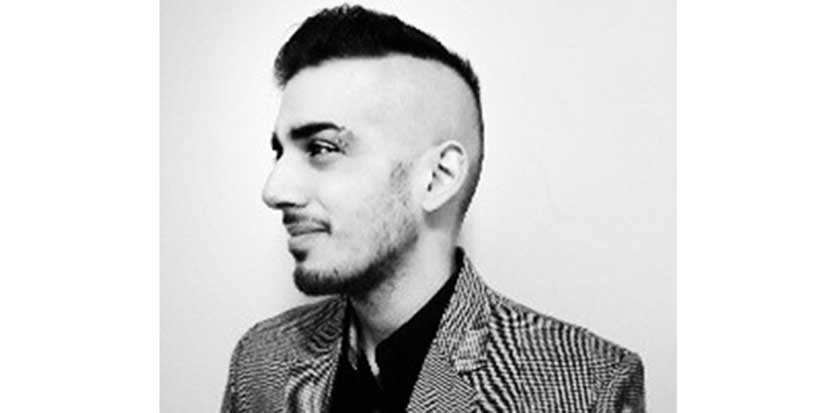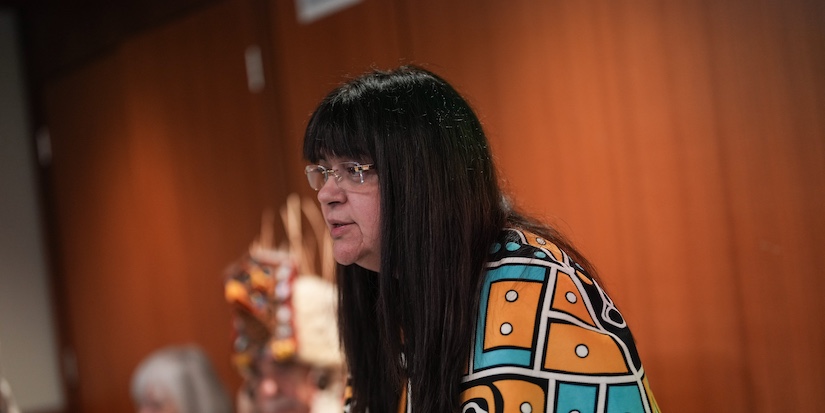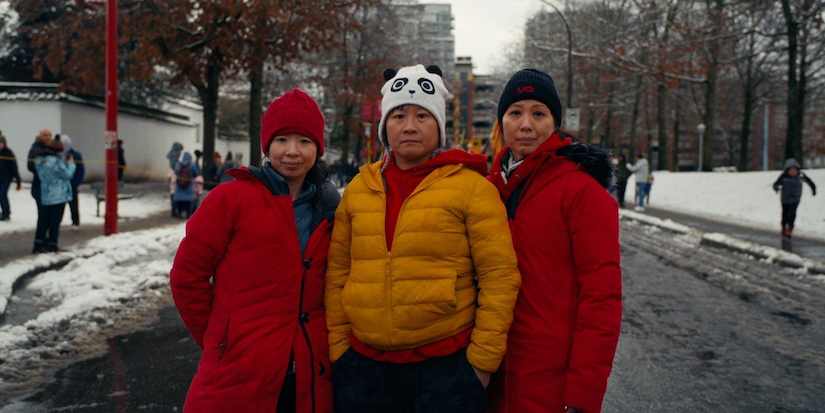Latest News
Bath finds calling in counselling

By Hannah Scott, Local Journalism Initiative reporter
Published 11:23 PDT, Tue March 30, 2021
Last Updated: 2:13 PDT, Wed May 12, 2021
—
Manj Bath likes to help people.
And during the pandemic, Bath—the CEO and clinical director of MindRight Counselling and Consulting—has been able to do just that, along with his team.
Bath was initially studying to be a neurosurgeon. But during his schooling, he realized he wasn’t passionate about the subject, and didn’t want to be doing that for the rest of his life. Instead, he cared about why people did what they did, and how the brain worked.
“When I switched (my course of study), I focused on working with children, youth, and their families and applied for the Child and Youth Care Counselling program at Douglas College,” says Bath. “I always enjoyed studying the brain as it is responsible for so much. When it comes to mental health, people need to understand the role of the brain (in) anxiety, depression, trauma and other concerns because it gives a concrete answer to all unknowns.”
The counselling program felt like a fit right away, says Bath—and he’d always enjoyed working with kids and helping them handle their emotions. He later completed his Master’s degree in counselling psychology, at UBC and is now working on a PhD in clinical psychology. He and his Richmond-raised wife opened MindRight’s first location in the city in 2014.
“She graduated from Blanche MacDonald (hair and makeup school),” he explains. “(But) she always had a knack for giving guidance to her friends and family. She also enjoyed, when she was doing makeup, when people would talk to her about their issues and problems.”
Working together during the COVID-19 pandemic has been “a very wonderful experience,” Bath says. And he and his wife continue to look at things as positively as they can.
The personal approach initiated by Bath is retained today, despite the company’s growth to six locations across the Lower Mainland. After three years at their original location, Bath and his team found a second location in Vancouver, one in Burnaby, and another in Vancouver. They’ve had to be mindful of their budget, and ensure both ambition and common sense—for which he says, “I’m lucky I married my wife.”
The pandemic presented unprecedented challenges, given the face-to-face nature of counselling. Last March, all the counsellors adapted and learned how to provide care through telehealth services. There were some technical difficulties for staff, and a few more for clients. And, of course, the work becomes less personal from a distance.
“There is something you miss when you’re not in person with somebody,” Bath says. “(But) some people are considering just being telehealth counsellors or psychologists, building practices on that. It’s a great, wonderful thing to offer, but you lose things like being able to fully read somebody’s body language. There’s tension that changes in the room, and you can sense it in that atmosphere.”
He says while telehealth is here to stay, some people will still be seeking in-person services, using counselling as an outlet to express pain, stress and anxiety. And he praises the resilience of clients who made counselling a priority in their lives even during the challenges presented by the pandemic.
“A lot of people are dealing with anxiety that they can’t connect with their friends, and are also having existential crises—what’s the meaning of life now?” Bath says. “One of the main ways that we deal with mental health is diet and exercise, and then we took away gyms, we took away all of that. When you take away a coping technique, there’s an increase in alcohol and marijuana consumption.”
During the pandemic, Bath and his team have been doing more couples counselling, given the increased amount of time that people have been spending at home. They also offer subsidized programs for those who need them—$50 a session with one of their student interns, $85 a session for people on income or disability assistance, and $100 a session for students.
“For the most part people were really struggling financially, so they weren’t coming in,” says Bath. “More news was coming out, and people realized this wasn’t going away, and (then) we had just a wave of people. We hired more counsellors just to deal with the number of people we were dealing with. Our practice has not slowed down—we don’t only see people in B.C., we see people across Canada.”
He recognizes that his team is fortunate to be able to help people in times of need as an essential service.
“When we got into this profession, it wasn’t a financial decision. It was to do something that was fulfilling, but with our practice and how we’ve been able to establish it, we’ve been in a fortunate position to be able to continue and never had to lay anybody off.”
As the pandemic wears on, Bath says it’s important to stay aware of mental health and seek help if necessary.
If anyone is struggling, acknowledge that there is a problem,” he says. “Reach out to the loved ones that you care about to acknowledge that and feel that support, and then if you have the ability to seek out help, just give someone a call. Give us a call, give anyone a call to see what’s available in your area in order to access help.”






























